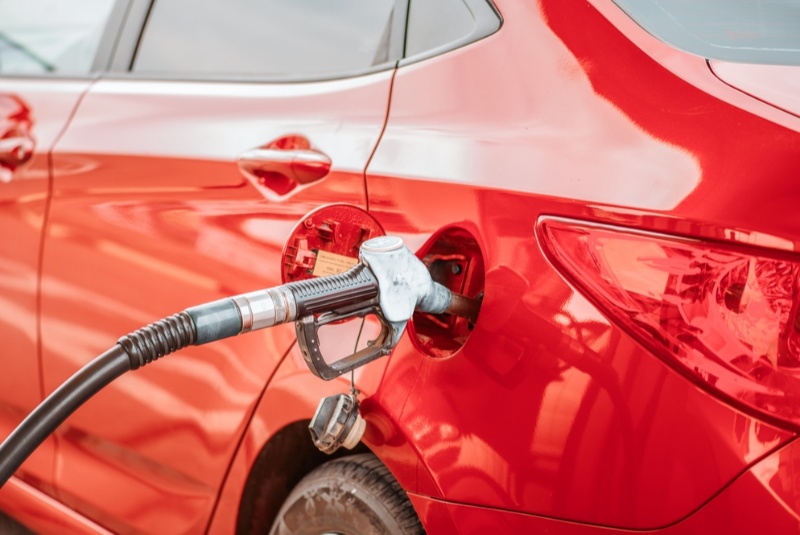In today’s volatile economic environment, individuals and families are seeking innovative ways to minimize expenses while maintaining a high standard of living. One major area of expenditure often overlooked is the fuel cost associated with commuting or personal transportation. Choosing a fuel-efficient vehicle can be an effective solution, leading to substantial savings on gas expenditure over time.
Understanding Fuel Efficiency
Fuel efficiency refers to the distance a vehicle can travel per unit of fuel consumed. For instance, if a car can travel 30 miles with one gallon of gas, it is more fuel-efficient than one that can only cover 20 miles. Thus, a more fuel-efficient vehicle will require less fuel to cover the same distance, which translates to savings at the pump.
Benefits of Fuel-Efficient Vehicles
In addition to reducing gas expenditure, fuel-efficient vehicles offer several benefits. They emit fewer greenhouse gases, aiding the fight against climate change, and they typically require less engine maintenance, leading to further financial savings.

Steps to Save Money by Buying a Fuel-Efficient Vehicle
- Research: Start by doing your homework. Look up various car models, their respective miles per gallon (MPG) ratings, and compare these figures to your current vehicle. Use online tools and resources to get an estimate of your annual fuel costs. Keep in mind that hybrids and electric vehicles, while having a higher initial purchase price, can offer even more significant savings over time.
- Evaluate your needs: It’s crucial to find a balance between fuel efficiency and your specific requirements. If you frequently travel with a lot of equipment or family members, a small, highly efficient car may not be suitable. Look for vehicles that offer the best blend of fuel efficiency and functionality for your needs.
- Consider pre-owned vehicles: Brand-new fuel-efficient cars can be expensive, but opting for a used one can be a wise economic decision. Ensure the vehicle has been well-maintained and has a good track record for reliability and fuel efficiency.
- Take advantage of incentives: Many governments and organizations offer incentives for purchasing fuel-efficient or eco-friendly vehicles. These can range from tax credits to discounts on insurance premiums, all of which can offset the initial cost of the vehicle.
- Optimize driving habits: Once you’ve purchased a fuel-efficient vehicle, ensure you’re using it effectively. Practices like maintaining a steady speed, minimizing idling, and keeping tires properly inflated can improve fuel efficiency further.
- Regular maintenance: Keeping your vehicle in peak operating condition enhances fuel efficiency. Regular oil changes, timely tune-ups, and maintaining the recommended tire pressure can all contribute to improved MPG.
- Choose economical fuel: Certain fuel-efficient vehicles can operate on alternative, less expensive fuels. For example, some cars can use ethanol-blended fuels, which often cost less than regular gas.
While the initial cost of a fuel-efficient vehicle can be higher, the long-term savings make it a financially savvy decision. By reducing gas expenses, minimizing maintenance costs, and potentially qualifying for incentives, you can save a substantial sum over the life of the vehicle. Not to mention, you’ll be contributing to a more sustainable future by reducing your carbon footprint. It’s an investment that pays off in more ways than one. As always, do your research, consider your needs and options carefully, and make the choice that best suits your lifestyle and budget.




